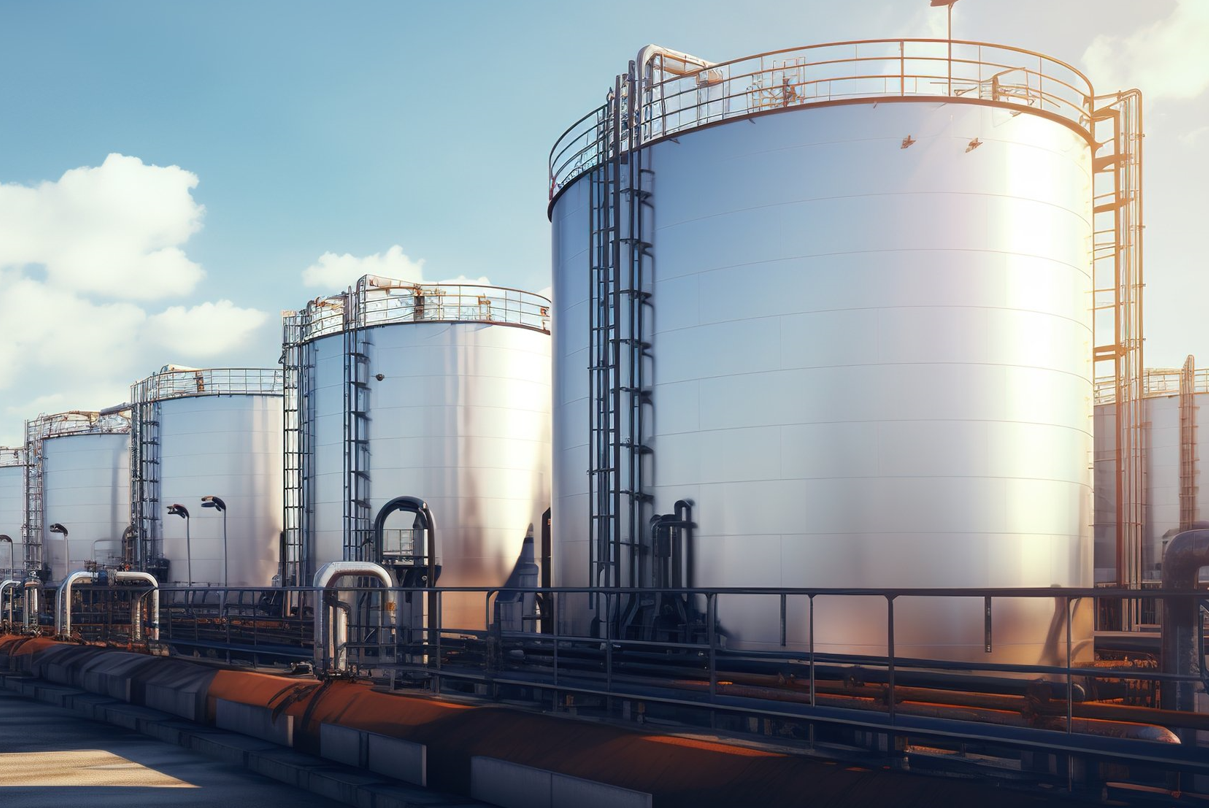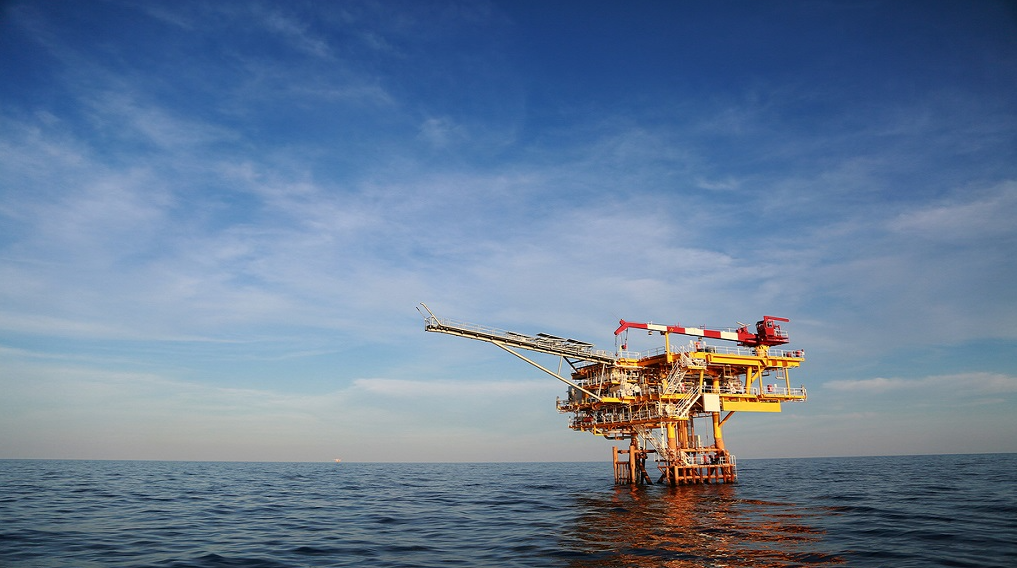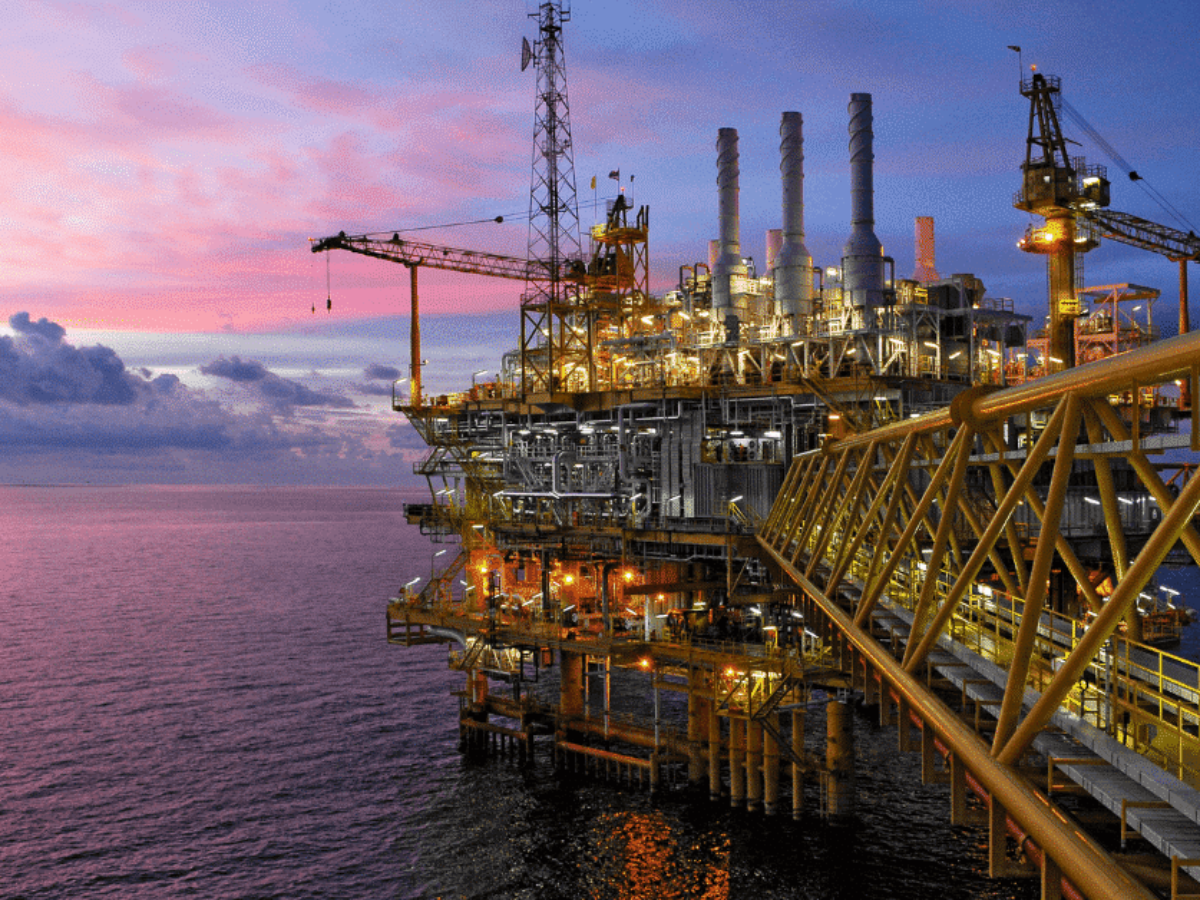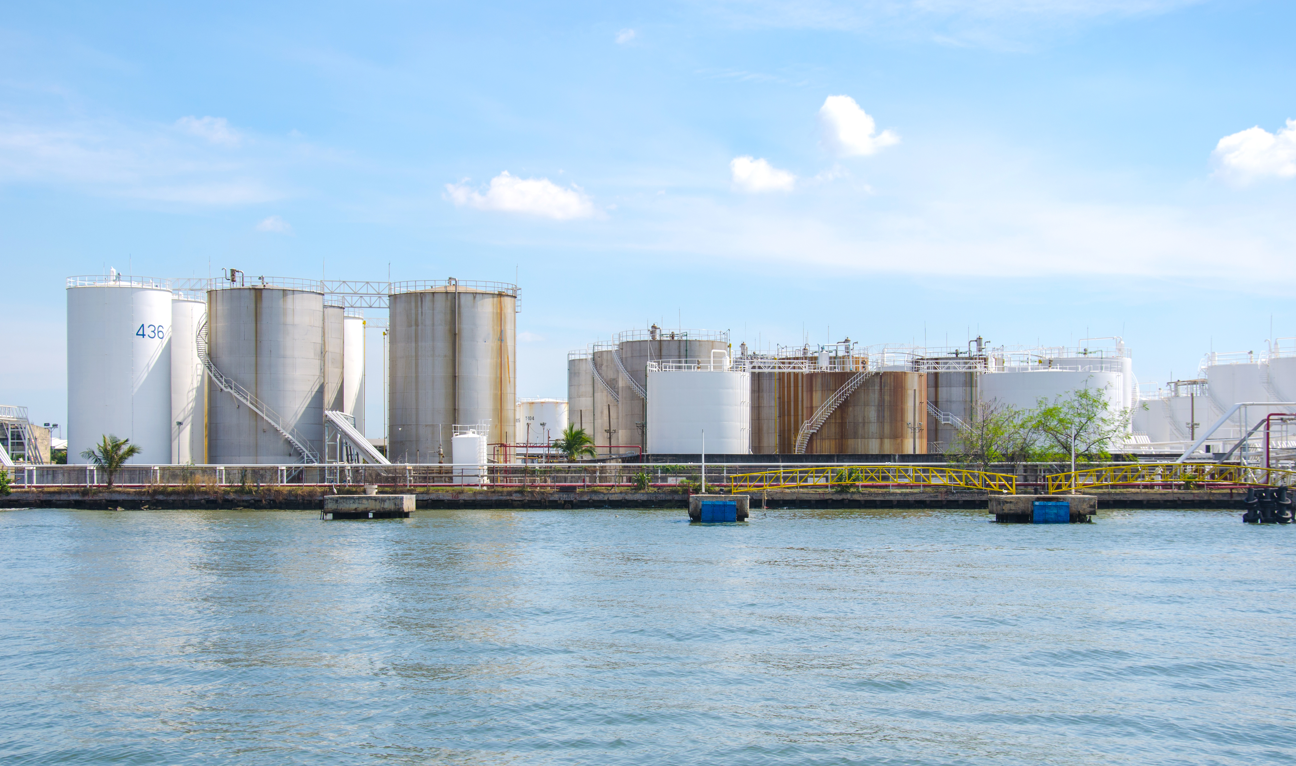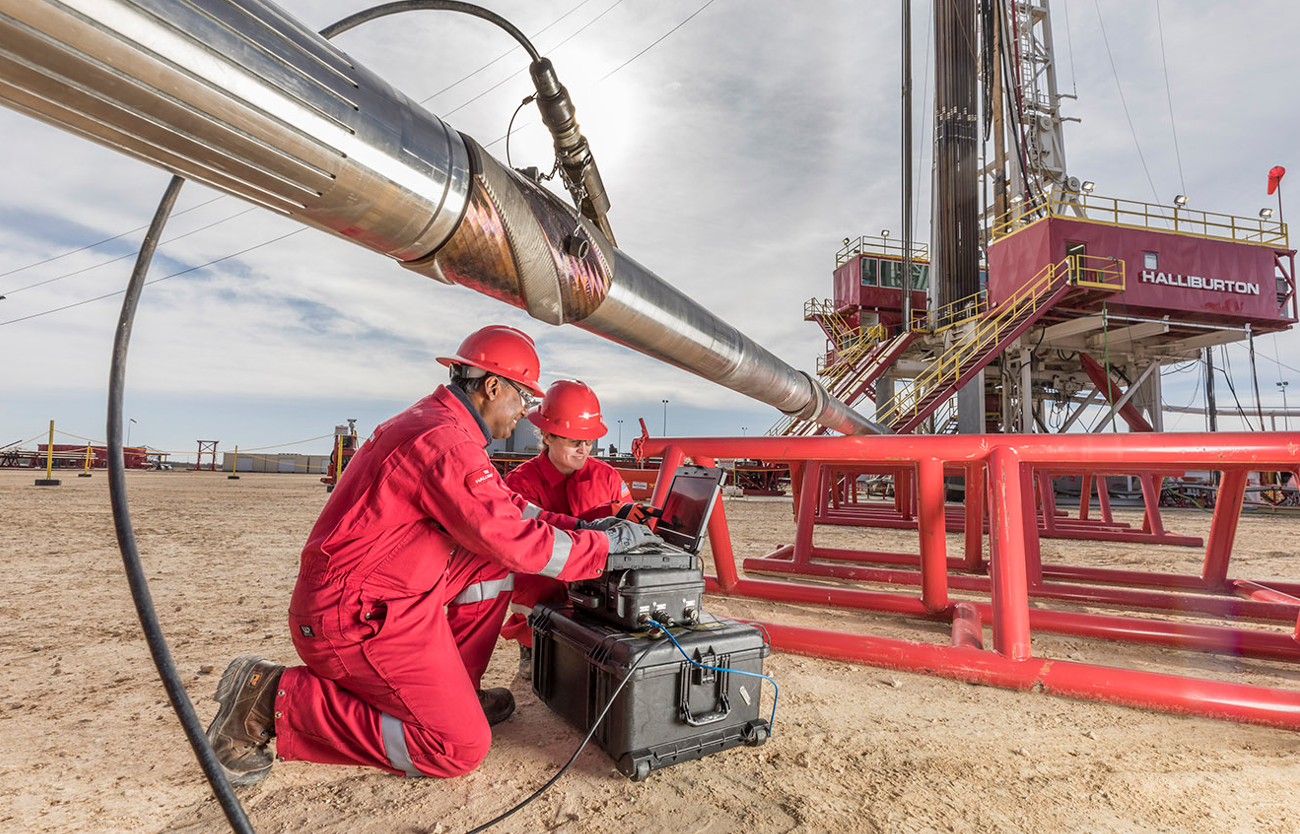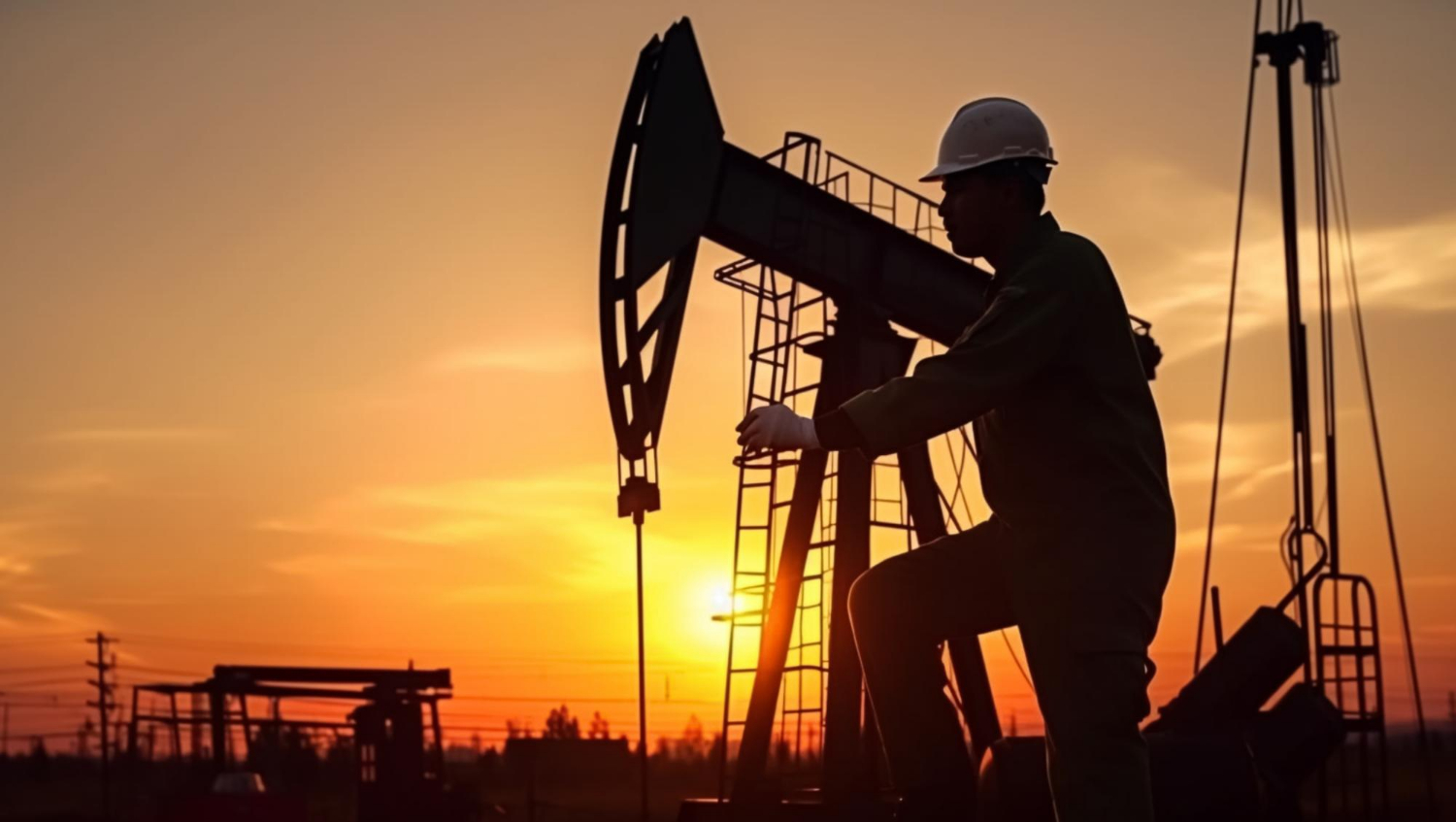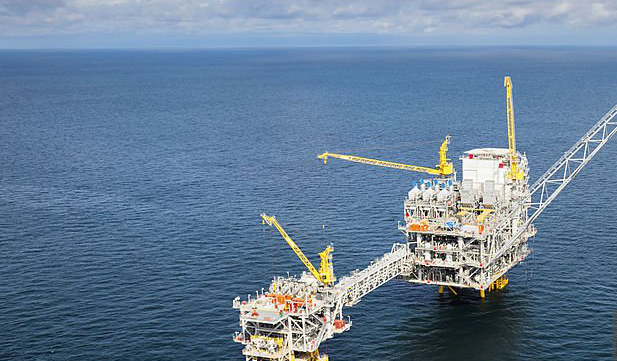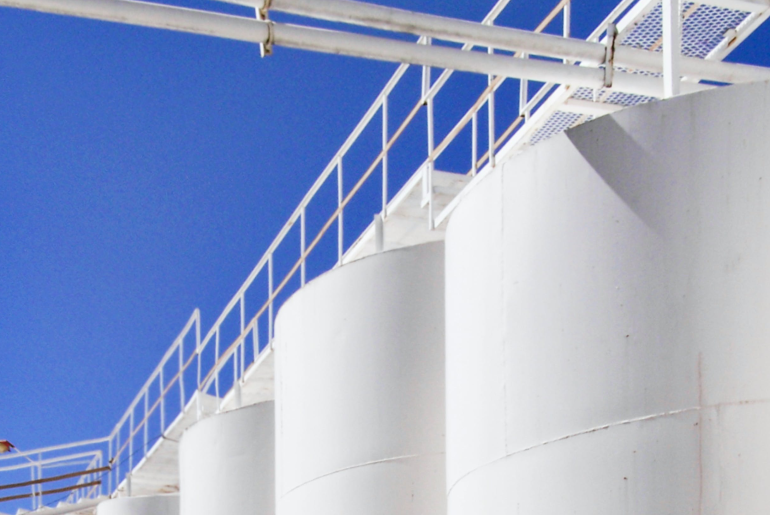The energy industry has always been a topic of interest across various fields because of its significant impact on the global economy. One shift of energy disruption and every media will have their own highlight for weeks. We also encounter…
Welcome to our comprehensive guide on drilling-related Frequently Asked Questions (FAQs). In this article, we have compiled some of the most frequently asked questions about drilling in the oil and gas industry. Let’s dive in and explore the answers to…
In the oil and gas industry, exploration and production (E&P) activities are vital. These processes are essential for discovering new oil and gas reserves, extracting them from the earth, and ultimately meeting the ever-growing global demand for energy resources. What…
Well productivity is an important factor that plays a crucial role in the efficiency and profitability of oil and gas production operations. In this article, we will delve into the concept of well productivity and explore various aspects related to…
Production logging is important, yet there are common misunderstandings surrounding it. In this article, we will explore the significance of production logging in oilfield management. We will also address misconceptions and clarify its role in optimizing well performance and reservoir…
In the workplace, understanding how to properly investigate issues is crucial. Think of it as a way to make sure everything at work is fair and transparent. Workplace investigation helps deal with problems or disagreements, making sure everyone is accountable…
Reliability-Centered Maintenance (RCM) and Risk-Based Inspection (RBI) are two widely used methodologies in the field of asset management and maintenance. Combining RCM and RBI approaches can provide a comprehensive and effective strategy for ensuring the reliability and integrity of critical…
In the complex world of oil and gas exploration, where details matter, casing design plays a crucial role in optimizing well operations. This article delves into the various aspects of casing design, explaining why it is vital for ensuring efficient…
High-Pressure High-Temperature (HPHT) oil wells are at the forefront of energy exploration, venturing into extreme conditions to extract valuable resources. Our article explores HPHT drilling, from its definition to the latest technological advancements related to HPHT in the oil and…
Enhanced Oil Recovery (EOR) is transforming the oil and gas industry by extracting more oil from reservoirs. In this guide, we’ll explore the basics, techniques, and benefits of EOR, addressing common questions along the way. What Is Enhanced Oil Recovery?…

